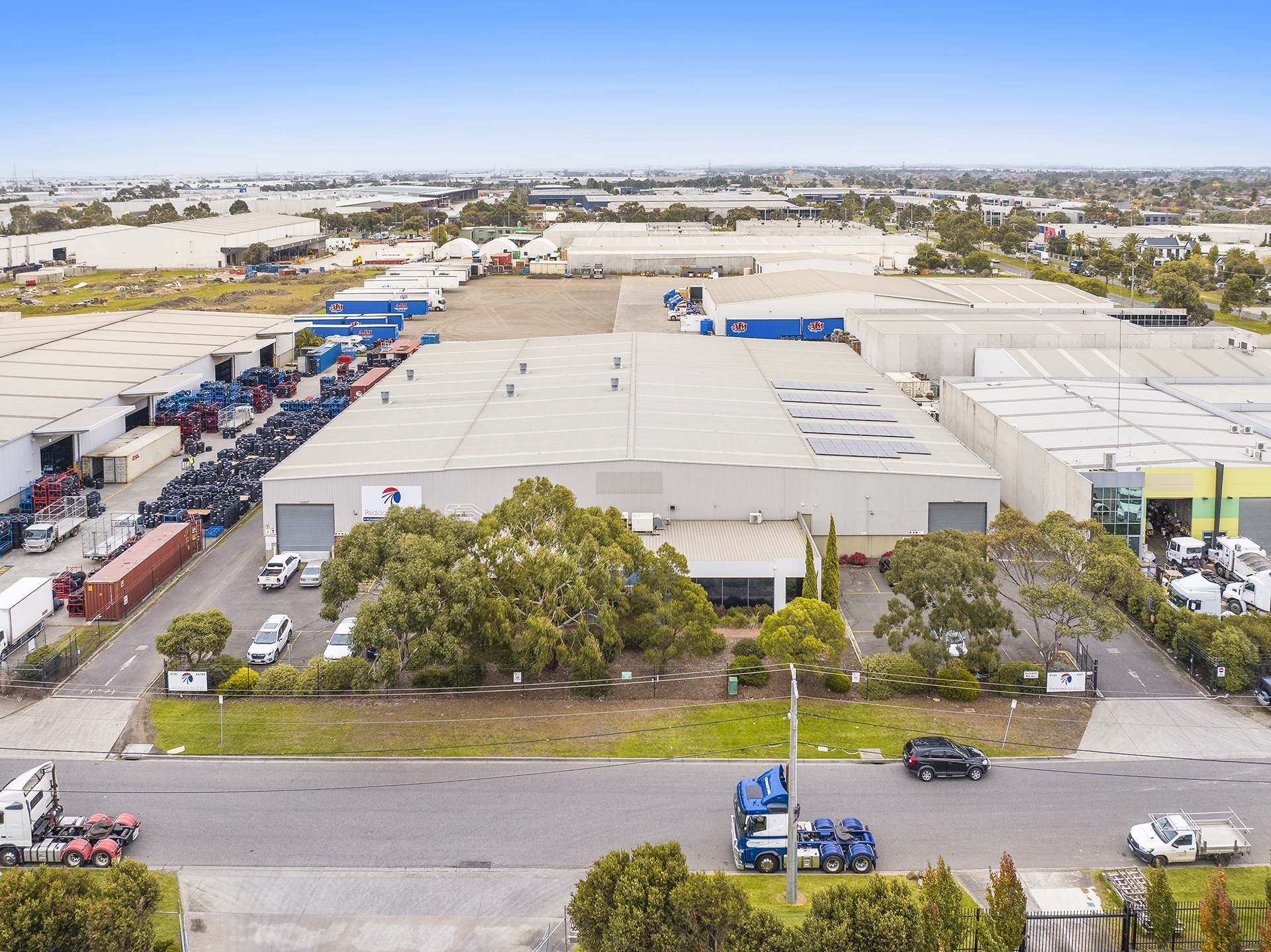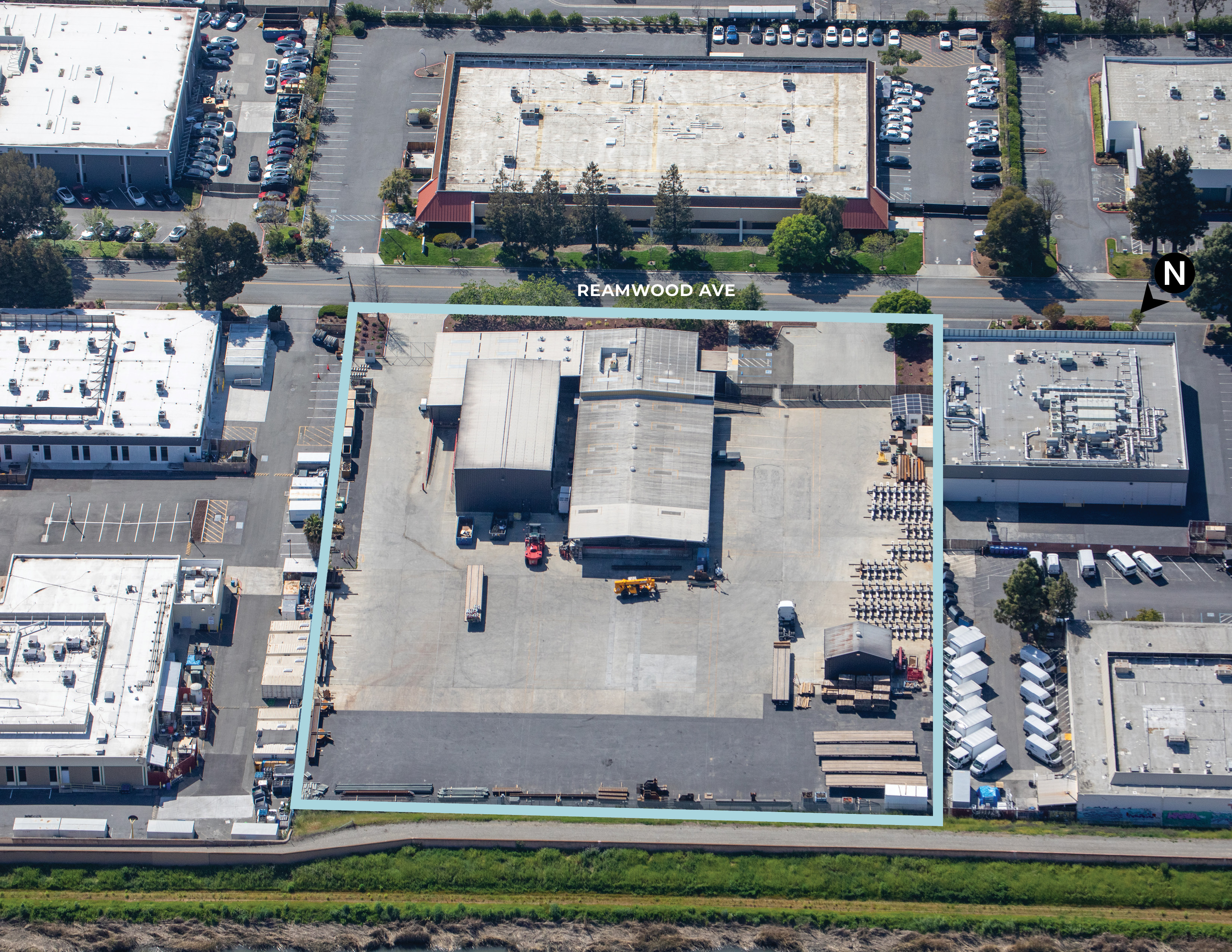Why urban logistics is attracting a new set of investors
Office and retail investors are increasingly buying warehouses near cities amid efforts to diversify portfolios
For some commercial real estate investors, the lure of warehouses has become too strong to ignore.
Listed UK property company British Land for decades made its core business in the office and retail sectors, owning some of the biggest and most well-known assets in Britain. But over the past year the UK REIT has sold £1.2 billion (US$1.66 billion) worth of offices, supermarkets and shopping centres.
British Land’s plans are to reinvest in urban logistics, the types of properties that have become central to the online shopping boom. It has just agreed to pay £87 million for a warehouse near London and is also developing land into urban logistics space.
British Land’s move is emblematic of how industrial real estate close to cities is appealing to a broader range of investors and investment platforms. The industrial sector overall has expanded rapidly in the last decade, accounting for 20 percent of real estate investment volumes in 2020, up from its 10 percent historical average, according to JLL data.
“The past year’s increase in online spending – be that on grocery delivery or e-commerce – has clearly put the spotlight on logistics, specifically those within proximity to end consumers,” says Tessa English, head of Urban & City Logistics at JLL. “Increased demand for goods has put pressure on all sections of the supply chain and warehousing space continues to be sought after - but in short supply.”
In March, Canadian investment firm BMO bought three regional UK logistics assets after selling a Royal Mail distribution centre in Bristol. BMO said it is diversifying out of larger, older distribution centres into modern facilities in areas of strong demand.
It remains to be seen what major UK REIT Landsec will do with the proceeds from its sale of a major London office property late last year. After the £552 million sale to Singapore-based Sun Venture of 1 & 2 New Ludgate, Landsec said it was looking to reinvest in growth opportunities over time as it turns away from the hotels, leisure and retail parks, valued at a combined £1.4 billion and accounting for 12 percent of its portfolio.
Looking for more insights? Never miss an update.
The latest news, insights and opportunities from global commercial real estate markets straight to your inbox.
“Just over a year from the start of the pandemic, the desire to diversify, which was already there through debuts in certain sectors such as last-mile delivery, has only increased,” says Matthew Richards, EMEA Capital Markets chief executive at JLL. “Investment portfolios are more varied than a year ago as new assets from a broader range of sectors are sought out.”
Platforms heighten competition
Investors looking to enter the sector for the first time are finding an increasingly broad pool of capital, from private equity to listed-property companies, says Adam Creighton, associate director in JLL’s Urban & City Logistics team.
This is creating a “competitive and challenging market for investors,” he says.
Global real estate investment manager BentallGreenOak has just closed its European Core+ Logistics Fund, with €695 million (US$836 million) committed by around 20 institutional investors. The fund has both e-commerce and last-mile logistics in its sights.
Launched in May 2020 by investment manager MARK, pan-European platform Crossbay is targeting last-mile assets, aiming for €500 million of assets under management in France within the next two years, having recently invested €60 million in nine French properties. In the UK, InfraRed Capital Partners’ dedicated Urban Logistics Income Fund continues to both invest and rotate its portfolio, having traded several assets over the past year.
In Germany, listed property company DIC Asset recently launched a focused logistics property fund, aiming for €400 million of assets under management in Germany, Austria and across the Benelux region.
The pool of interested investors continues to expand as diversification needs arise, leading to consistent yield compression, Creighton says.
Investment Opportunities
“The number of bids for top quality urban logistics assets is regularly in double figures,” he says. “That competition is seeing more investors move further up the risk curve to consider both value add opportunities and speculative development of urban logistics assets when they had not done so previously – it’s a big contrast to earlier on in the pandemic when the focus of capital was firmly on long, secure income across the logistics market."
The diversification drive is also creating debuts for investors in new locations. German real estate manager Real I.S. made its debut Spanish logistics investment with the €150 million purchase of two properties on the outskirts of Madrid from Patrizia, with one of the assets leased to a major global e-commerce firm.
“The desire to diversify among large investment houses has grown to the point where going into a new geography comes alongside the need to have a more varied portfolio,” says Richards.
Proximity to major cities and conurbations was already a pre-requisite for many e-commerce players. With no sign of demand for those areas waning, more investors are expected to reallocate capital to urban logistics and warehousing in the coming months, English says.
Contact Tessa English
head of city & urban logisticsWhat’s your investment ambition?
Uncover opportunities and capital sources all over the world and discover how we can help you achieve your investment goals.




